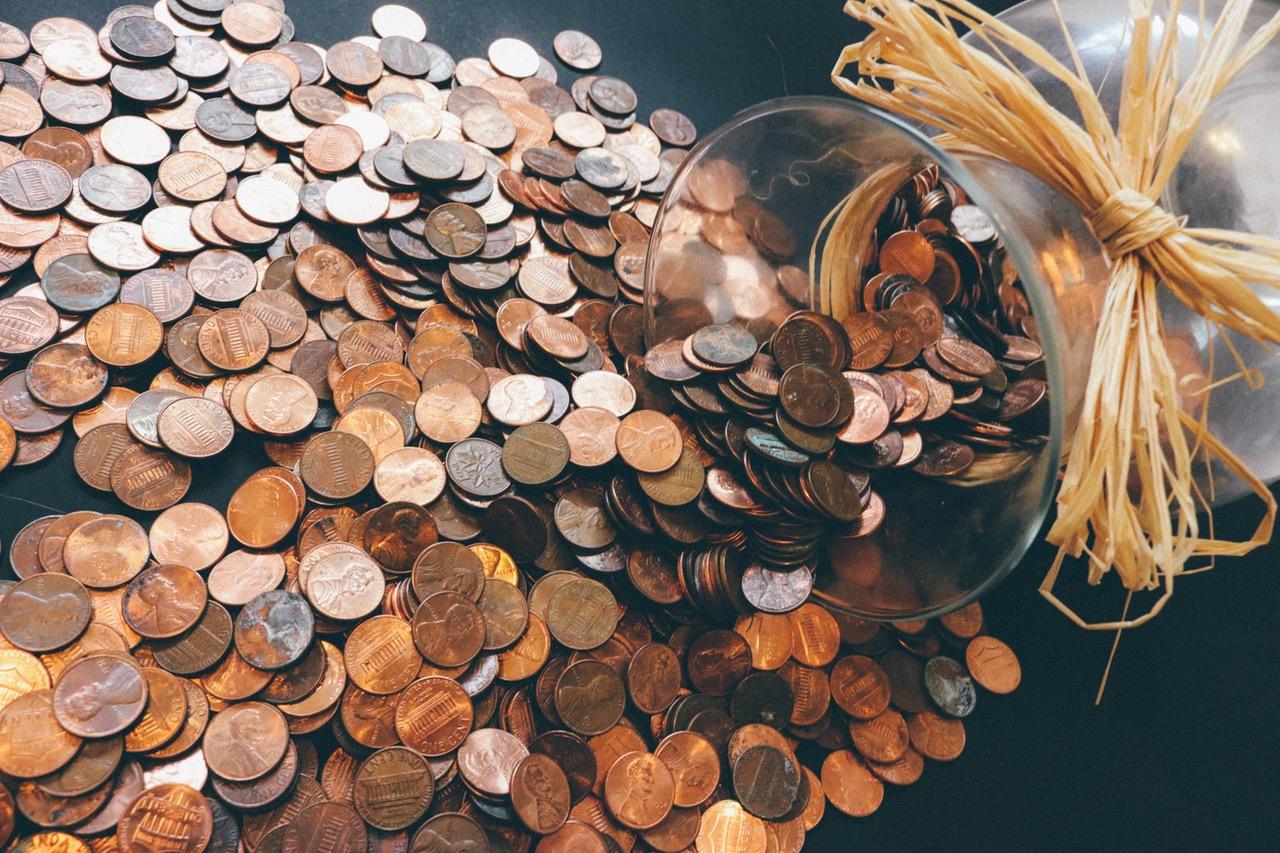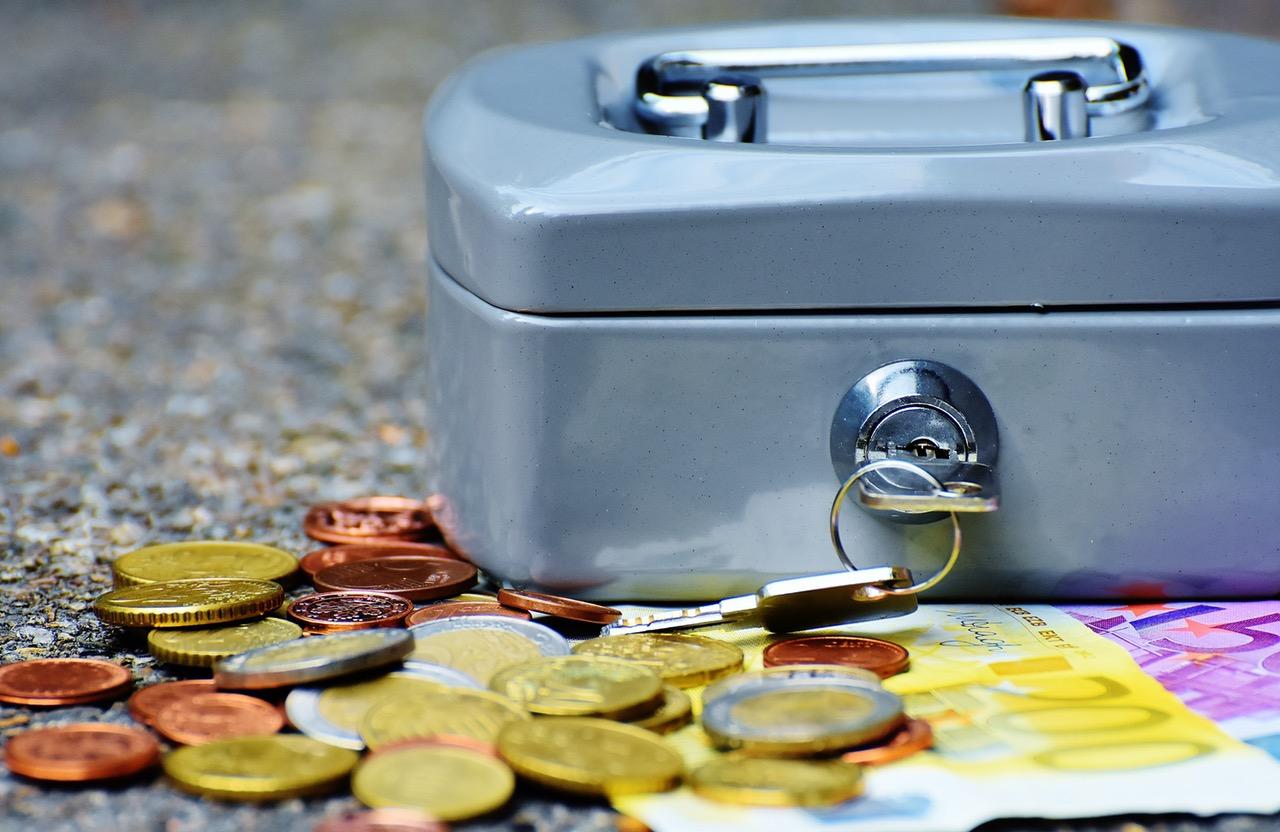Here's How To Greenify Your Family's Home On Any Budget
Household finances can be tricky when raising a family. How can we make greener, energy-efficient purchases without breaking the bank? Every household is different, but here are some options everyone should consider for their home.
Updated May 24 2019, 10:10 a.m. ET
Household finances can be tricky when raising a family. How much we make, and how much things cost, obviously factor into the decisions we make. But there may be more worth thinking about. What about the environment? How can we make greener, energy-efficient purchases without breaking the bank, or invest in eco-friendly goods that may have a higher upfront cost, but will save us money in the long run? What is the best strategy to employ, in order to live green, stay within budget, and do our future selves a few favors?
Every household is different, but there are a few options to consider, some of which require more of an upfront investment (and offer more long-term payoff) than others.
Lowering energy bills can help your family save money and reduce your impact on the environment. There are several ways to save without making any big purchases. First, consider instituting an "unplug rule," and unplug any electronic device that isn't currently being used. It sounds simple, but it can be hard to break the habit of leaving phone chargers and computer cables plugged in at all times. To make things easier, consider buying some fairly inexpensive "smart" power strips that can turn off all connected devices when you turn off a "control" device, such as a T.V.
We are often told to hang onto our appliances as long as they are functional, in order to save money. But replacing small appliances around the house can actually be a great way to improve the energy-efficiency of your household without making any large-scale purchases. Things such as hair dryers, blenders, toasters, rice cookers and shower heads can be replaced with newer, more eco-friendly models.
Even new models that don't mention their energy-saving capabilities are likely to be more energy-efficient than their counterparts of ten or more years. This is due to both changing product standards and the fact that appliances break down from wear and tear over time, even if they seem to be functioning normally. The older an appliance is, the more energy it will typically use.
Energy-efficient lightbulbs are another small investment that can pay off in a big way. LED bulbs use up to 80 percent less energy than traditional incandescent bulbs, and can last up to 25 times longer, depending on size and brand. For a helpful look at how much this might save you annually, check out this helpful breakdown from the U.S. Energy Department.
Heating and air conditioning cost a bundle, and are nearly impossible to go without during certain parts of the year. But no matter what sort of climate you call home, chances are you experience some mild days where neither heating nor cooling is necessary. Take full advantage of such days, and use the environment to regulate your home's temperature instead. Open windows for a cool breeze, or draw the shades to block out heat. Fans, whether affixed to the ceiling or freestanding, are a great way to increase airflow. Freestanding fans can be run backward to draw warm air out of your home, or forward to cool things down.
If you've already taken all the small steps you can and are ready to make a larger investment toward energy-efficiency, consider your appliances once again. How old is your washer? Your dryer? Your dishwasher? Your refrigerator? If the answer to any of those questions is "more than ten years," then it is likely that the appliance in question is costing your more in water or electricity than a newer model would.
Few people could afford to replace all of their large appliances at once, but identifying what needs to be replaced early can help your family create savings goals. Maybe you can replace one large appliance per year. Compare prices and financing options for newer appliance versions, both in-store and online, to see how you might be able to fit them into your budget. Large purchases are always less intimidating when you are armed with knowledge!
Insulation is another large purchase that can pay dividends for those willing to invest. Insulation saves on heat by allowing less of it to escape your home. If you live in a place with mild (but still cold) winters, good insulation could eliminate your need for heating altogether! Even water heaters can be insulated, to save on the cost of heating water.
Many companies offer free inspections of a home's insulation and assessments of how it might be improved. Make a few calls and see what sort of options are available for your home. You may even ask how much money an insulation upgrade could save you per year, based on the assessment you are given. The experts might be able to offer up a ballpark figure to help with your decision.
For the truly dedicated, solar panels may be the way to go. Depending on your situation, these could be costly to install, but considering their extreme eco-friendliness, and the fact that they can cut your electricity bill by up to 75 percent, it may well be worth it.
There are also government initiatives in the U.S. to reward residential solar use with perks such as tax credits and free installation. This all depends on where you live, however. Sunny states, such as Arizona and New Mexico, are more likely to offer such perks. To see what government rebates might be available in your area, call your local utility company and ask about solar energy.
Choosing a new financial direction for your household can seem daunting, but it is possible to start small. Assess your current financial situation, make calls, gain knowledge, then set goals for the future while doing what you can in the present. With a well planned strategy, it is possible to invest in living greener and save your family more money with each passing year.


